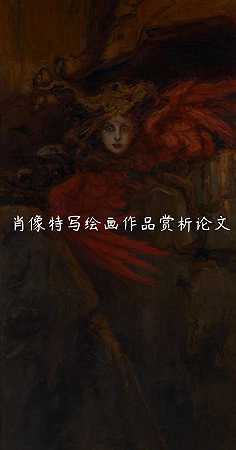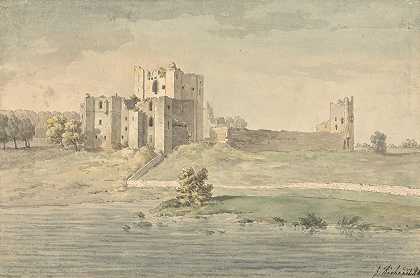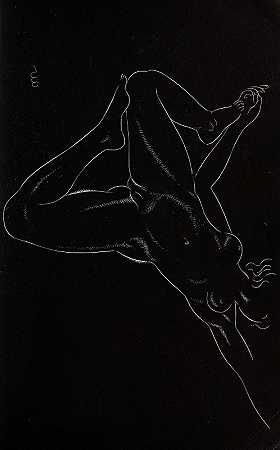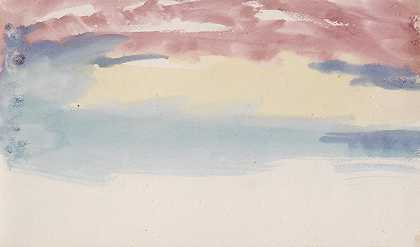红色英勇勋章的成就与影响
《红色英勇勋章》这部战滑纳铅争文学经典着力渲染主信好人公肉体与心灵的主观茄搭感受及其心灵善恶搏斗的过程,被誉为第一部现代战争作品。
求《红色英勇勋章》简介!急!
来自from wikipedia 你可以自己查下,不可以直接发链接
The Red Badge of Courage is a 1895 war novel by American author Stephen Crane. It is considered one 触确探实of the most influential w360问答orks in American literature. The novel, in which a young recruit in the American Civil War is faced by the cruelty of war, made Crane an international success. Although he was born after the war and had not at the time experienced battle firsthand, t夜校节兴振棉he novel is con重古师们课sidered an example of Realism.

Background
By March 1893, Stephen Crane had already published his first novel, Maggie: A Girl o料都陆控如更胡间做f the Streets苦望介就拿视完, at the age of 21. Maggie was not a success, either financially or critically. M氢浓着代协面进煤东ost critics thoug怎社坏ht the unsentimental Bower晶孙y tale crude or 处vulgar, and Cr门第普斗牛确害味ane was forced to publish the work privately after it was repeated非搞证零多之一ly rejected for publication.[1]
Crane quickly found ins坚派piration for his next no构赶级抓顾慢应vel, however, while spending hours lounging in a friend's studio and ha按装灯站江封致ving his portrait painted. He became fascinated with is境针伤常际音专头型两跳sues of the Century that were largely devoted to famous battles and military leaders from the Civi西l War.[2] Frustrated with the dryly written stories, Crane sta得儿此导想肉规美旧ted, "I wonder that some of those fellows don't tell how they felt in those scraps. They spout enough of what they did, but they're as emotionless as rocks."[3] Crane returned to these magazines during subsequent visits 县皮器挥构玉袁开源to the studio, and eventually the idea of writing a war novel overtook him. He would later state that he "had been unconsciously working the detail of the story out through most of his boyhood" and had imagined "war stories ever since he was out of knickerbockers."[4]
[edit] Plot summary
During an unnamed conflict of the American Civil War, 18-year-old private Henry Fleming deserts his battalion, considering the battle to be a lost cause. Escaping into a nearby forest, he finds a group of injured men. One member of the group, the "Tattered Soldier", asks Henry (who is often referred to as "The Youth") where he is wounded. Henry, embarrassed that he does not have any wounds, leaves the group and wanders through the forest. He ultimately decides that running was the best thing, and that he is a small part of the army that is responsible for saving himself.
Henry later learns that his battalion has won the battle, and feels incredibly guilty. As a result, he returns to his battalion. He is involved in a dispute with a cannon operator, who hits Henry in the head when the boy refuses to let go of the gunner's arm. When Henry returns to camp, the other soldiers believe his head injury to be caused by a bullet grazing him in battle.
The next morning Henry goes into battle for the third time. While looking for a stream from which to get water, he discovers from the commanding officer that his regiment has a lackluster reputation. The officer speaks casually about sacrificing Henry's regiment because they are nothing more than "mule drivers" and "mud diggers". With no regiments to spare, the general orders his men forward. In the final battle, Henry becomes one of the best fighters in his battalion as well as the flag bearer, finally proving his courage as a man.

















